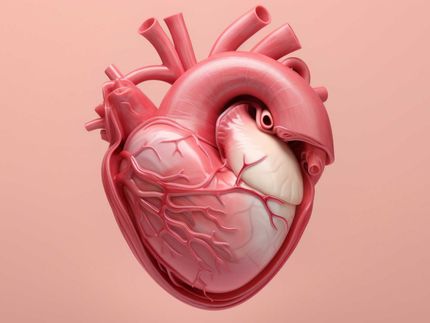Molecular tower guard
How a protein helps the cell with nutrient deficiencies
Advertisement
Be it in thin air in the mountains or due to constricted blood vessels as well as lung diseases: One of the ways the body reacts to a lack of oxygen is through the formation of the protein HIF-1α, which coordinates adaptation to the reduced supply of oxygen. However, this protein also plays an important role in various oxygen-independent processes. Scientists at the Universities of Giessen and Frankfurt am Main have now discovered a new oxygen-independent function of HIF-1α: they found that the short-term activation of the HIF-1α protein after cell division results in a better nutrient supply for the cells.
As the research team of Prof. Dr. Lienhard Schmitz, Biochemical Institute of Justus Liebig University Giessen (JLU), in collaboration with Prof. Dr. Michael Kracht (Rudolf Buchheim Institute of Pharmacology at JLU) and Prof. Dr. Ingrid Fleming (Goethe University Frankfurt) was able to show, this short-term activation of HIF-1α after cell division serves a monitoring function. "It can be compared to the activity of a medieval tower guard, who warned the population in case of danger," explains Prof. Schmitz. "Similar to the tower guard, the briefly activated HIF-1α protein is only important in emergency situations. In the case of the cell, such an emergency situation is an insufficient supply of nutrients." The study shows that the cell cycle-regulated HIF-1α protein can reprogram various metabolic pathways to cause an improved supply of nutrients and thus ensure cell survival.
"Although HIF-1α is very well studied and its discovery by American and British scientists was awarded the Nobel Prize in Medicine in 2019, this central switch still seems to regulate many misunderstood mechanisms," said Prof. Schmitz.
Note: This article has been translated using a computer system without human intervention. LUMITOS offers these automatic translations to present a wider range of current news. Since this article has been translated with automatic translation, it is possible that it contains errors in vocabulary, syntax or grammar. The original article in German can be found here.























































